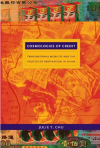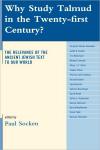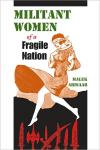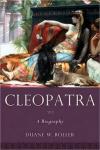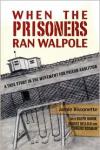Reviews by Rick Taylor

Rick Taylor is area coordinator for programs in Multicultural and Transnational Literatures at East Carolina University. He served for many years as secretary and historian for the Southeastern Women's Studies Association.
His academic writing focuses on eighteenth-century British culture, early modern women's writing, and contemporary Middle Eastern literature. He is happiest walking in Regent's Park in London or seeing the latest play at the National Theatre.

